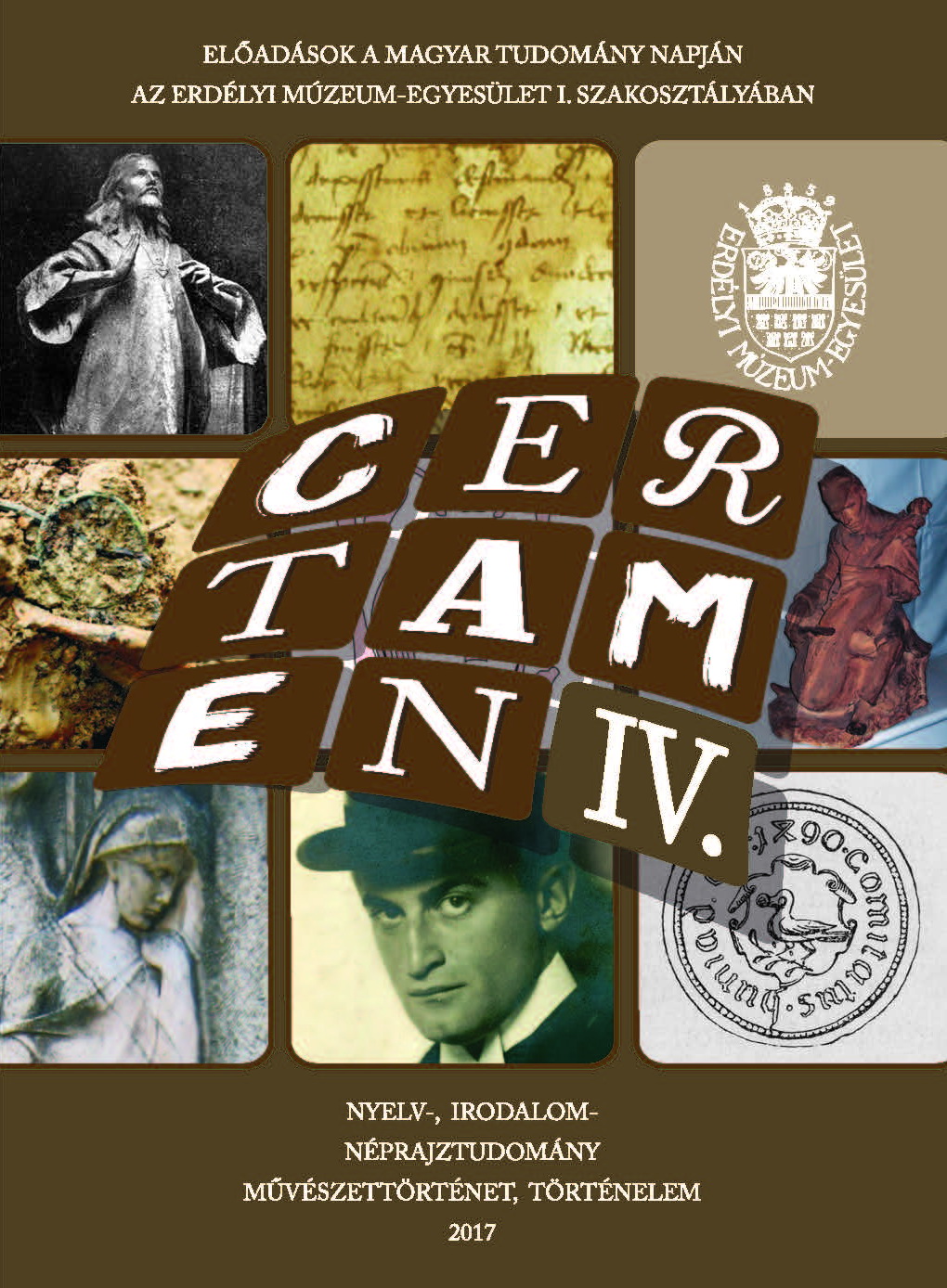Liber baronatus a fejedelemségkori Erdélyben (1541–1658)
The Liber Baronatus in the Principality of Transylvania (1541–1658)
Author(s): Veronka DánéSubject(s): 16th Century, 17th Century
Published by: Erdélyi Múzeum-Egyesület
Keywords: liber baronatus; history of law; Principality of Transylvania
Summary/Abstract: The essay explores the development and the history of liber baronatus throughout the first century of the independent Transylvanian state. In order to rectify the errors of preceding scholarly literature and to supplement sound but partial claims, the author primarily assembled – based on the acts of Parliament and on other kinds of sources from a wide spectrum – the inventory of territories and private individuals practicing their privileges of liber baronatus (either granted by the monarch or not). By the analysis of every known case, it is apparent that this concerns domains which, already before the division of the Kingdom of Hungary into three parts, on the one hand, belonged to the monarch, the treasury or the church (Görgény, Fogaras and Gyalu); or, on the other, possessed a special borderland status (Karánsebes, Máramaros). The research has also made it clear that one must separate a full-right liber baronatus (that is, the entirety of immunities of jurisdiction, administration and taxation) from one that uses/abuses one of the immunities listed. The liber baronatus can be considered as a consequence of the actual political situation, not as a result of organic development. Thus, it is not surprising that the recipients of such privileges (considered as alien by the Transylvanian estates of the realm) or their status of liber baronatus usually came to a violent end; and when the troubled times, that is, their heyday, had ended, the liber baronatus of private individuals practically ceased in Transylvania in mid-17th century.
Journal: Certamen
- Issue Year: 2017
- Issue No: IV
- Page Range: 287-296
- Page Count: 10
- Language: Hungarian

